Need a summer read? These professional development books for teachers cover topics from Shakespeare to standardized testing, and beyond!
Ah, summer! A time for relaxation and recharging…
…this is also a pretty great time to slow down and hear ourselves think, am I right? That’s why I like to read at least two professional development books for teachers in the summer. I like to sit with my cup of coffee and process the year through the lens of a good book.
Here are some books I’ve been learning from over the last couple of years.
You can find these books on my affiliate list as Bookshop.org. Using Bookshop, you’ll support the independent bookstore of your choice, and I’ll get a small kickback from every purchase that I use to update and maintain this blog. Win win!
Professional Development Books for Teachers
If you only read one book…
We Want to Do More Than Survive by Bettina L. Love
This book came out in 2019, but it gained traction this year as more and more teachers turned their attention to being anti-racist educators. Love takes on notions of educational reform and outlines what she sees as the educational survival complex that manifests itself in superficial programs like grit, testing, and “character education.” She describes the for-profit systematic oppression of students of color and shows us a path forward.
One of my biggest takeaways from this book was the need for sharing Community Cultural Wealth with students. That means including representation in my curriculum that doesn’t just share the truth about historic trauma of marginalized groups, but also shares celebrations and successes, linguistic riches, an entrepreneurial spirit, and more. When Sheila Frye from TeachingLiteracy and I made our Rethinking the Classics resources, we used Love’s framework for integration and widespread representation in our curriculum.
If you like YA fantasy and media criticism…
The Dark Fantastic by Ebony Elizabeth Thomas
Okay, so this isn’t “PD” per se… it’s a super interesting read for fans of Harry Potter, The Vampire Diaries, Merlin, and The Hunger Games. But there’s also something important here for English teachers: we can show students how to love media and be critical of it at the same time.
This has been heavy on my mind for the last few years as I reckon with my lifelong love of Harry Potter and a growing understanding of racist portrayals in the text. JK Rowling has expressed deeply transphobic opinions and holding up her work on a pedestal can be dangerous for our students. How do you love a fantasy universe but reckon with all that? Thomas’ book takes us through it. (Also, I have a ton of recommendations for inclusive middle grade fantasy novels you can put in your students’ hands, instead of Harry Potter.)
Do you want YA book recommendations
delivered to your inbox? Sign up for my monthly
YA Reads Email list!
If you want to make your Shakespeare unit more inclusive…
Passing Strange: Shakespeare, Race, and Contemporary America by Ayanna Thompson
Even as we strive for more inclusive curricula, Shakespeare isn’t going anywhere. This book has really helped me rethink my approach. Plus, it was so fun seeing what other teachers do to make teaching Shakespeare more reflective of our world.
I have a fascinating nonfiction resource that looks at a historical misunderstanding in A Midsummer Night’s Dream. For more ideas on how to make your study of any Shakespeare play more inclusive, check out this Rethinking the Classics: Shakespeare resource 🙂
If you want to help your students be better thinkers…
Cultivating Genius by Gholdy Muhammad
Cultivating Genius is about helping students own their own intellectualism. It really boils down to that. We’ve become so focused on skills and learning products (both capitalist notions, by the way!) that we rarely make time for students to relish in the feeling of thinking and learning.
This erasure is one arm of the historic oppression of Black & brown students, particularly in how standardized testing has monetized non-thinking. Muhammad opens each chapter with the historical foundation of African American Literary Societies, a space of intellectualism and peer accountability towards criticality. I know there’s a lot in that sentence, but this is such a fascinating read that something would be fundamentally lost in your adventure if I unpacked that. Just read it. 🙂
If you like learning about the brain…
Culturally Responsive Teaching & the Brain by Zaretta Hammond
Like Pushout, Culturally Responsive Teaching & the Brain made me reflect a lot on what a poor teacher I was during my first year. I did a lot of deficit-based thinking, and maybe you’ve been there. Hammond gives us a roadmap to Asset-Based Thinking and how developing an environment of trust and respect can literally reshape the brain.
DEFINITELY read this book. I also wrote an article on the Secondary English Coffee Shop blog about implementing Asset-Based thinking to build classroom community in ELA.
If you’re interested in becoming an activist for transforming education…
More Than a Score by Jesse Hagopian
This book is an anthology of essays, poetry, speeches, letters, interviews and more surrounding standardized testing and its inequitable implications. It’s part organizing (starting at Garfield High in Seattle) and part educational theory, with both experts and activists weighing in.
One thing I found fascinating about this book and Hagopian’s other book, Black Lives Matter at School (with Denisha Jones) is that it’s also a historical curation. This book is a time capsule of a specific movement and moment. That said, it still maintains relevance to our continued fight for social justice in education.
If you want to know more about systemic racism in education…
Pushout by Monique Morris
Similar to how The New Jim Crow exposed the racism of the prison industrial complex, Pushout exposes the punishment pipeline in schools for Black girls. I truly think every teacher needs to read this book.
This one was hard-hitting for me because I was so easily able to map my first year of teaching onto systems named in this book. Instead of getting adequate training and support as a young White teacher in a “difficult” school, I was told that I should just “keep writing students up” until they got shuffled to an “alternative learning community,” which was basically long-term ISS. I’m horrified to look back on that now because I was complicit in denying these young, Black girls education.
At the same time, giving me 150 students and only 4 hrs of prep a week and normalizing taking 3-4 hrs of work home every night was all part of keeping me – a young teacher – too tired to learn more about the systemic injustices. And to be clear… I am NOT saying my plight was as bad or worse or anything like that. I’m saying that systemic racism isn’t all about the intentions of individual teachers. And Pushout exposes these operational arms of racism in education.
Further Reading:
For White Folks Who Teach in the Hood (and the Rest of Y’all, Too) by Christopher Emdin
This book is an oldie but a goodie. It really helped me reflect on how to be a teacher who reaches all students. I love Emdin’s engaging narrative voice (always encouraging, but firm – not pedantic), and I love that all the tips are “bite-sized.” You can check out my full review here.
Why Are All the Black Kids Sitting Together by Beverly Daniel Tatum
Why do students self-segregate? Tatum tackles this question in a book that is history, sociology, and educational theory all in one.
Indigenous People’s History of the United States by Roxanne Dunbar-Ortiz
Most of my adult intellectualism and growth as a teacher has been unlearning what I was taught in school. The title says it all – if you were taught history from a White perspective, this book will be an unlearning.
Final thoughts:
I hope you enjoyed this list of recommendations of professional development books for teachers! Maybe you can read them all this year, but if not, that’s okay! I truly urge you to take some time for self-care and relaxation this summer. Reading even one book from this list is an important step toward anti-bias education. Urgency is a tool of White supremacy, and as teachers we are constantly feeling the pressure to give more of ourselves (our time, our money) to our jobs. It’s vital to carve out some protected time for yourself, your family, and your mental and physical health.
If you want to grab any of these titles, here’s my bookshop affiliate link 🙂
Happy reading!

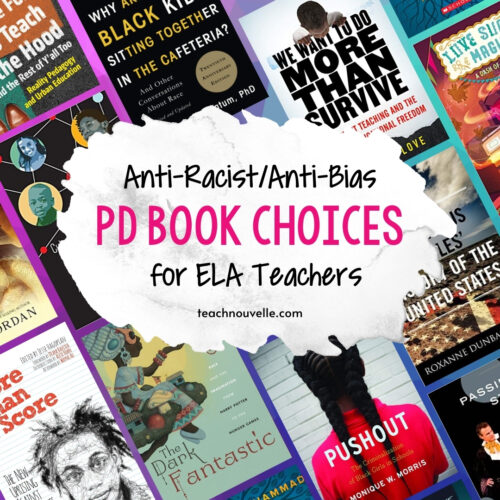
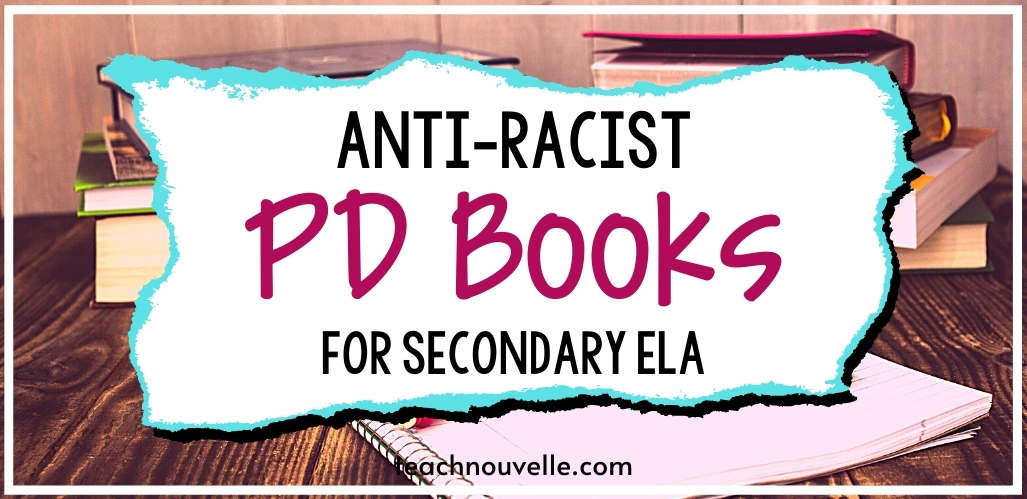
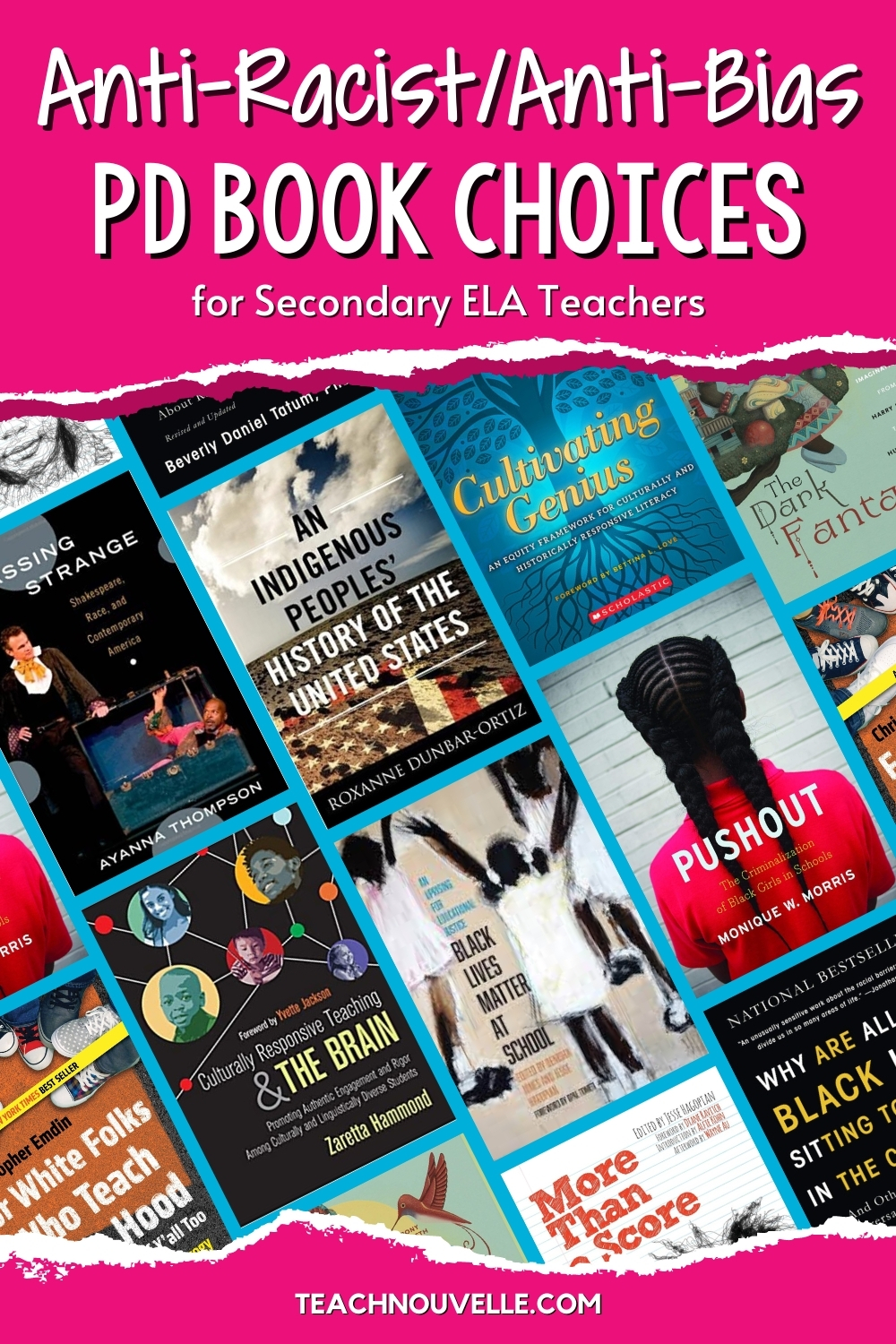
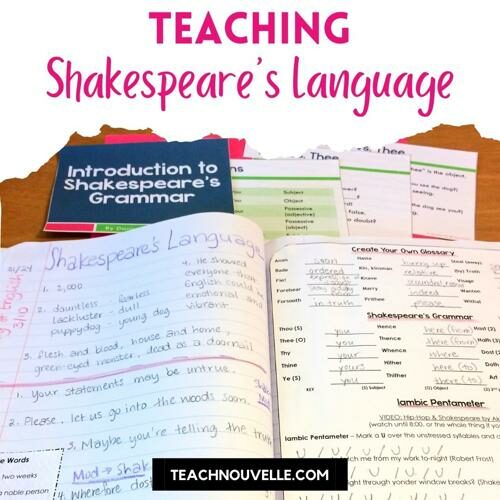
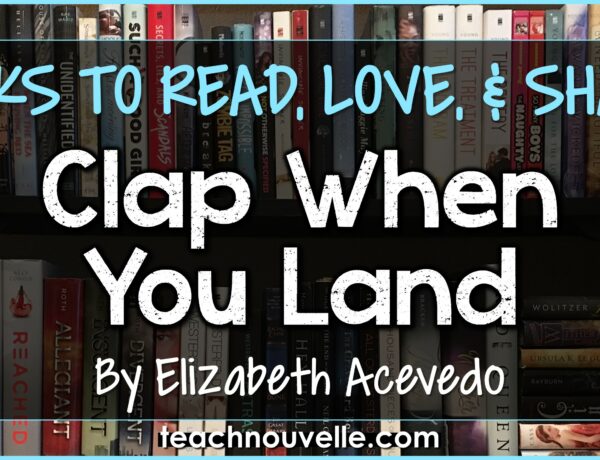
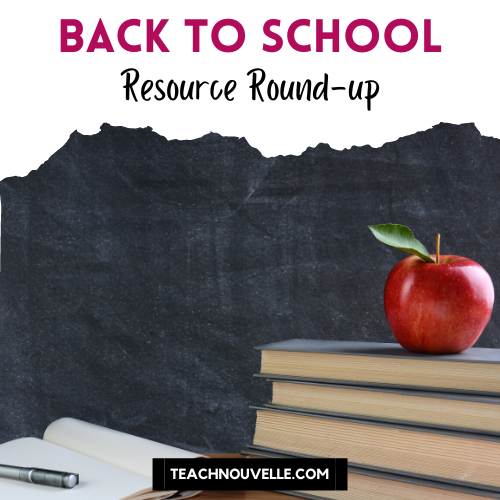
No Comments